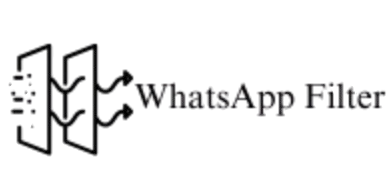But as automation tools get smarter, the line between RPA and et leur importance artificial intelligence keeps getting blurred. A lot of teams are asking the same questions:
Is RPA a form of AI? Does it use AI? And how does it compare to the AI agents everyone’s suddenly building into their stack?
People often pit RPA against AI — as if it’s one or the other. But whatsapp number list in reality, they solve different problems and often work better together, especially in enterprise automation.
Robotic Process Automation (RPA) is software that automates repetitive, rule-based tasks by interacting with digital systems the same way a human would — clicking, typing, copying, and triggering actions across applications.
Most RPA bots are designed to follow a fixed set of the ethics of artificial intelligence instructions. They don’t analyze data or make decisions — they just execute the same process repeatedly with speed and accuracy.
Because they operate at the UI level, RPA bots can work across tools that don’t have APIs or integrations. That’s why they’re often used in legacy systems or enterprise workflows where structured tasks need to be automated without rebuilding everything from scratch.
How are AI and RPA different?
RPA and AI are both automation technologies, but they et leur importance function in fundamentally different ways. RPA is built to follow instructions. AI is built to interpret, predict, and adapt. While they’re often integrated in enterprise automation strategies, it’s important to understand what each actually does — and where their capabilities stop.
Is RPA a form of AI?
No — RPA is not a form of artificial intelligence.
RPA automates tasks by mimicking human actions at the user interface level. It clicks, types, copies, and moves data — exactly as instructed. There is no learning, no whatsapp number reasoning, and no flexibility beyond what’s explicitly defined.
AI, by contrast, operates on data and probability. It et leur importance recognizes patterns, infers meaning, and makes decisions in dynamic environments.
RPA executes instructions. AI generates outputs based on context.
The misconception often arises because both technologies reduce manual effort. But automation is not the same as intelligence.
